|
|
 |
Eberly Center Names 2006 Wimmer Faculty Fellows
The Eberly Center for Teaching Excellence has announced the Wimmer Faculty Fellows for 2006. This new fellows program, established by a grant from the Wimmer Family Foundation, is designed for junior faculty members interested in enhancing their teaching through concentrated work designing or re-designing a course, innovating new materials, or exploring a new pedagogical approach. Fellows will participate in a workshop series in May and then work on developing materials for their own courses during the summer, in consultation with Eberly Center staff and colleagues.
This year's Wimmer Faculty Fellows, representing several departments and colleges, include Jay Aronson, Andrew Beveridge, Michael Chemers, Robert Heard, Pamela Jennings and Lisa Tetrault.
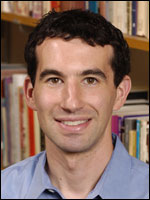
Jay Aronson |
Aronson, an assistant professor in the Department of History, teaches the history of science and, among other goals, seeks to help his students understand the social and historical contexts that shape how scientists and the general public understand and represent the natural world. His objectives for the Wimmer Program include developing effective methods for recreating historical debates and legal proceedings as a pedagogical tool.
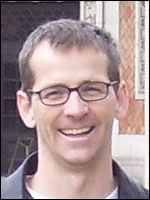
Andrew Beveridge |
Beveridge, visiting assistant professor in the Department of Mathematical Sciences, aims to teach mathematics to computer science students in a way that bridges the gap between theory and application. Combining his past experience in the computer software industry with his teaching experience, Beveridge's main goal for the Wimmer Program involves designing a linear algebra class that uses the methods of computer science to communicate mathematical ideas.
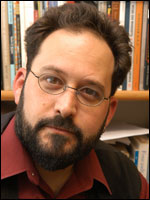
Michael Chemers |
Chemers, assistant professor in the School of Drama, teaches dramaturgy. In his classes, he aims to highlight the role of philosophy and aesthetics in the art of drama. As a Wimmer Fellow, he plans to devise approaches to help students develop communication skills that bridge the perceived gap between the artistic and intellectual worlds.
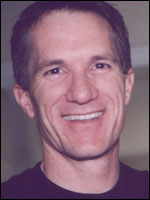
Robert Heard |
Heard, associate teaching professor in the Department of Materials Science and Engineering, teaches both engineering and non-engineering students. In particular, he will be teaching a general education course that discusses the environmental impact of consumer demands for goods and materials. As part of his fellowship, he plans to develop materials for this course that balance the technical and non-technical needs of a diverse student audience.
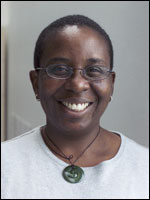
Pamela Jennings |
Jennings, assistant professor in the School of Art and in the Human Computer Interaction Institute, teaches courses to students with diverse backgrounds in design and computer science. She aims to employ learner-centered design in her teaching and to emphasize multiple modes of learning to support the individual needs of students. Her primary goal for the Wimmer Program involves developing and refining teaching materials for her physical computing and interactive programming courses.
Tetrault, assistant professor in the Department of History, teaches courses in U.S. and women's history. Her teaching focuses on helping students develop the ability to read, think, and write critically. As a Wimmer Fellow she aims to develop more student-centered activities that build critical thinking skills and increase students' confidence in their own intellectual abilities.
The Eberly Center helps faculty and graduate students to improve teaching practices by gaining an understanding of cognitive and educational principles of teaching and learning and by reflecting, practicing and receiving feedback on course design and classroom performance.
For more on The Eberly Center, visit http://www.cmu.edu/teaching/eberlycenter/
April 20, 2006
|




